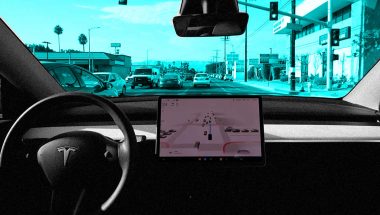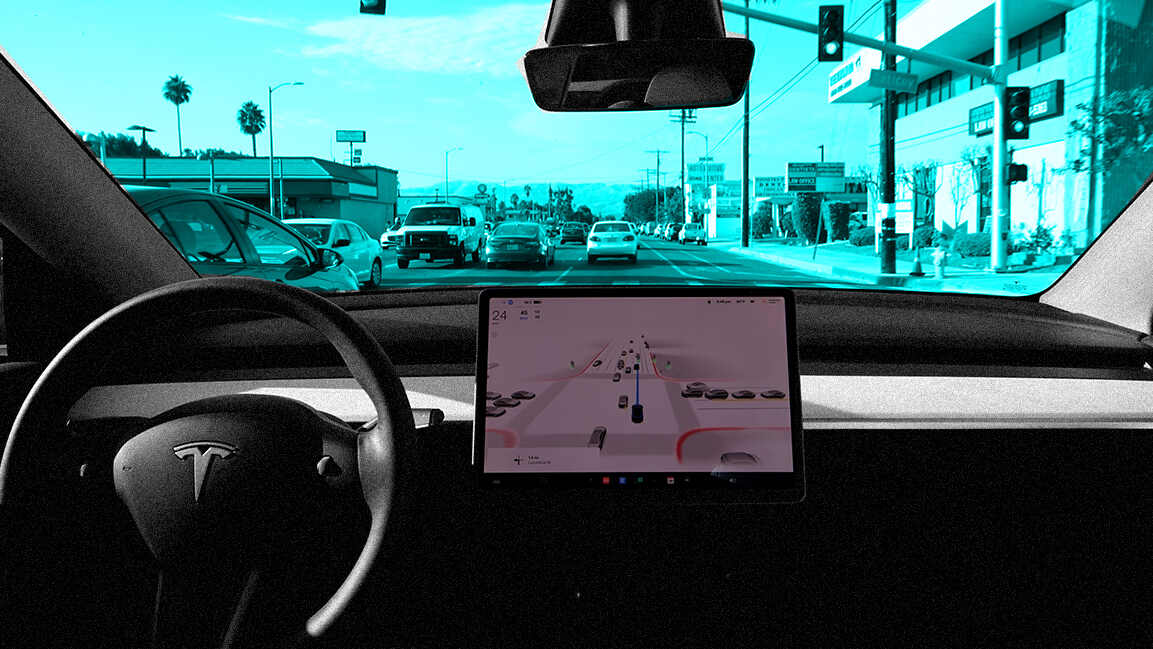- | 10:00 am
Why AI-driven demand generation is the future of B2B marketing
Tech and personalization are reshaping demand generation and the marketing industry

The rapid rise of technology, AI, and automation is reshaping industries, and marketing is among the most disrupted. From automating routine tasks to generating creative content and delivering hyper-personalized experiences, AI is transforming how brands connect with their audiences.
According to the 2024 State of Marketing AI Report, 66% of marketers say AI is either very or critically important to their success over the next year, up slightly from 64% in 2023.
The top driver? Efficiency. Eight in ten marketers say their main goal is to reduce time spent on repetitive, data-heavy tasks. Meanwhile, 64% are turning to AI to extract more actionable insights from their data.
THE IMPACT OF TECH
Rizwan Raza, CEO of WayMedia, a global marketing company focused on demand generation, highlights a significant evolution in lead generation. Over the past few years, the approach has shifted from broad, mass outreach to precise strategies driven by AI, automation, and intent-based marketing.
Raza emphasizes the shift in buyer expectations, stating, “Buyers now demand personalized, real-time engagement, making traditional high-volume approaches ineffective.”
As third-party cookies fade and privacy regulations tighten, marketers are turning to first-party data and hyper-targeted campaigns. Omnichannel strategies that combine email, content syndication, LinkedIn, and programmatic ads have become essential for reaching and engaging the right audience.
“At Way Media, we’ve adapted by focusing on AI-driven lead scoring, enhanced segmentation, and curated demand programs that ensure high-intent leads, ultimately improving conversion rates and reducing sales cycle inefficiencies,” Raza adds.
Raza notes that quality always trumps quantity when it comes to lead generation. “Initially, many clients focus on increasing lead volume, but we’ve seen that a refined, high-intent pipeline delivers far better results,” he says. “By leveraging predictive analytics and AI-driven scoring, we prioritize leads that show genuine buying intent.”
He adds that tracking key metrics like cost per acquisition and pipeline contribution is essential to maintaining the right balance between volume and value.
B2B INDUSTRIES
According to the 2024 State of Marketing Report, 51% of respondents work exclusively in the business-to-business (B2B) sector.
Raza notes that industries reliant on high-value B2B transactions—such as SaaS, fintech, IT services, and cybersecurity—are leading the charge in demand generation. “These sectors require continuous pipeline growth, making them highly invested in lead generation strategies. With digital transformation accelerating, cloud computing, AI, and automation companies have also ramped up their efforts,” he says.
Raza also highlights that WayMedia has seen growing demand from companies targeting enterprise decision-makers, especially in North America and Europe. The firm’s tailored approach helps these industries reach the right audience at the right moment, improving efficiency and boosting return on investment.
He points out that traditional lead qualification methods are no longer effective in today’s fast-paced B2B environment.
“That’s why we developed our proprietary WM Intent Signal Engine™, which harnesses AI and predictive analytics to analyze behavioral patterns, engagement history, and firmographics with precision.”
This engine powers real-time lead segmentation and scoring, allowing sales teams to zero in on high-intent prospects. Combined with multi-touch nurturing, real-time engagement tracking, and automated workflows, it streamlines the qualification process, boosting efficiency and driving stronger conversion rates.
PERSONALIZATION AND PRIVACY
“Personalization is no longer optional—essential for engagement and conversion,” says Raza.
Over the past few years, generic outreach has become increasingly ineffective, while hyper-personalized messaging has emerged as a powerful tool for driving engagement. The most successful strategies rely on intent-based content delivery, ensuring prospects receive tailored emails, case studies, and event invitations aligned with their past interactions.
“AI-driven personalization plays a critical role,” he adds. “It allows us to dynamically adjust messaging based on real-time data. In our ABM campaigns, we’ve seen a clear uptick in engagement when we target key decision-makers with content that speaks directly to their business needs.”
Privacy, too, is central to effective lead-generation strategies.
“Our experience with GDPR, CASL, and CCPA has reinforced the need for transparent data collection, clear consent mechanisms, and robust security measures,” says Raza. “We’ve developed an opt-in model that ensures ethical lead generation without sacrificing performance.”
He explains that Way Media has developed a system that protects clients while enabling effective outreach by integrating consent tracking, encrypted data storage, and regular compliance audits.
CONTINUOUS INNOVATION
Raza says Way Media is built on a culture of continuous innovation driven by constant testing and optimization.
“We encourage data-driven experimentation, where new strategies are tested, analyzed, and refined based on performance insights. Our teams stay ahead by closely monitoring market trends, adapting to new technologies, and learning from real-world campaign data.”
Collaboration between AI experts, content strategists, and sales teams fuels creative problem-solving while continuous upskilling keeps the team ahead of industry trends. This agile mindset allows for fast adaptation and delivering high-impact lead-generation strategies that keep clients competitive.
Raza expects demand generation to become increasingly shaped by AI, automation, and advanced intent analytics.
“Our experience suggests that real-time data signals and the digital footprints of leads will become more valuable, allowing for proactive engagement with prospects at the perfect moment.”
He also points to the growing role of interactive content—like AI-powered chatbots and video-based lead nurturing—as tools that deepen engagement.
“We’re constantly testing emerging technologies to ensure that our demand generation strategies remain innovative and ahead of the curve.”







































